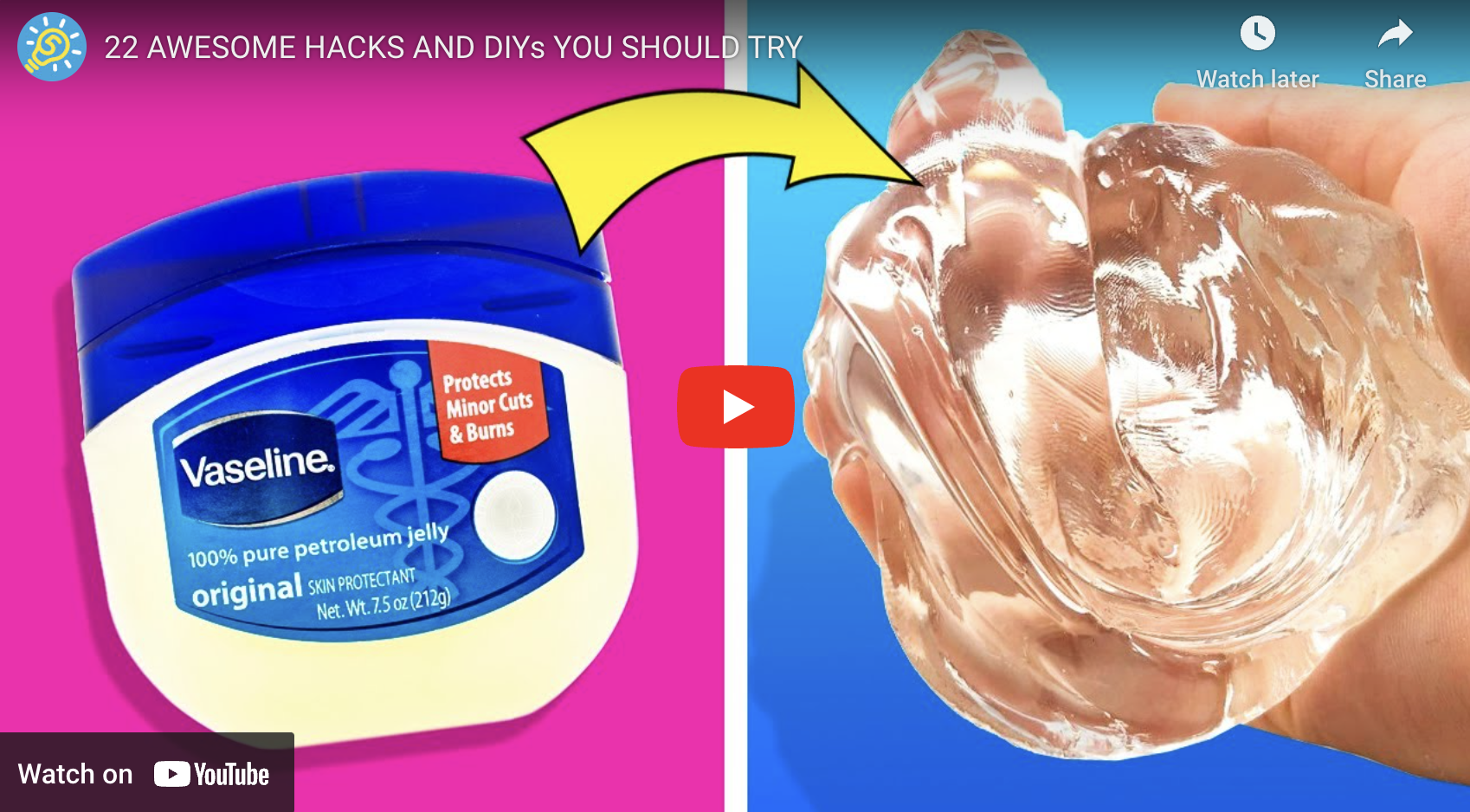Having a sharp tooth can be uncomfortable and even painful. It can occur for a variety of reasons, such as tooth decay, chipping, or grinding of the teeth. While it is always best to see a dentist for proper treatment, filing down a sharp tooth at home can provide temporary relief until you are able to get professional help. In this article, we will discuss how to safely file down a sharp tooth at home, as well as provide some interesting trends, common concerns, and expert advice on the topic.
How To File Down A Sharp Tooth At Home
Filing down a sharp tooth at home can be done with a few simple tools and techniques. Here is a step-by-step guide on how to safely file down a sharp tooth:
1. Wash your hands thoroughly with soap and water before handling any tools or touching your mouth.
2. Use a small mirror to locate the sharp edge of the tooth. Gently run your tongue along the edge to identify the exact spot that needs to be filed down.
3. Use a clean and sterilized nail file or emery board to gently file down the sharp edge of the tooth. Use gentle pressure and short strokes to avoid causing damage to the tooth.
4. Rinse your mouth with warm salt water after filing down the sharp tooth to help clean the area and reduce any discomfort.
5. Avoid filing down the tooth too much, as this can cause further damage and may require professional treatment.
6. If you experience any pain, bleeding, or discomfort while filing down the sharp tooth, stop immediately and seek professional help from a dentist.
7. Once the sharp edge of the tooth has been filed down, monitor the area for any changes or discomfort. If the sharpness returns or if you experience any further issues, consult a dentist for proper treatment.
While filing down a sharp tooth at home can provide temporary relief, it is important to seek professional help from a dentist for long-term solutions and proper treatment.
Interesting Trends Related to Filing Down a Sharp Tooth At Home
1. DIY dental care has become increasingly popular in recent years, with more people turning to home remedies and treatments for minor dental issues.
Professional Quote: “It’s important for individuals to understand the limitations of DIY dental care and to seek professional help when necessary to prevent further damage to their teeth.”
2. The rise of social media influencers and online tutorials has led to a surge in DIY dental care videos and guides, with some promoting unsafe practices that can cause harm to teeth.
Professional Quote: “While it’s great to see people taking an interest in their dental health, it’s important to vet the information and sources you are using to ensure safe practices are being followed.”
3. The COVID-19 pandemic has caused many people to delay or avoid dental visits, leading to an increase in home dental care practices, including filing down sharp teeth.
Professional Quote: “While it’s understandable that people may be hesitant to visit the dentist during these uncertain times, it’s important to prioritize your dental health and seek professional help when needed.”
4. The accessibility of dental tools and products online has made it easier for people to perform DIY dental care procedures at home, including filing down sharp teeth.
Professional Quote: “While it’s convenient to purchase dental tools online, it’s important to use them properly and with caution to avoid causing harm to your teeth.”
5. The cost of dental treatments and procedures has led some individuals to seek alternative methods for addressing dental issues, such as filing down sharp teeth at home.
Professional Quote: “While cost can be a barrier to seeking professional dental care, it’s important to weigh the risks and benefits of DIY treatments and consult a dentist when necessary.”
6. The prevalence of online forums and communities dedicated to dental health has created a space for individuals to share tips, advice, and experiences related to filing down sharp teeth at home.
Professional Quote: “While online communities can be a valuable resource for dental information, it’s important to verify the accuracy of the information and consult a dentist for personalized care.”
7. The growing interest in natural and holistic health practices has led some individuals to explore alternative methods for addressing dental issues, including filing down sharp teeth using natural remedies.
Professional Quote: “While natural remedies can be effective for some dental issues, it’s important to consult a dentist for proper diagnosis and treatment of sharp teeth to prevent further damage.”
Common Concerns and Answers Related to Filing Down a Sharp Tooth At Home
1. Is it safe to file down a sharp tooth at home?
While filing down a sharp tooth at home can provide temporary relief, it is important to exercise caution and seek professional help if necessary to avoid causing further damage to the tooth.
2. Will filing down a sharp tooth at home cause pain or discomfort?
Filing down a sharp tooth may cause mild discomfort or sensitivity, but if you experience pain, bleeding, or any other issues, stop immediately and consult a dentist for proper treatment.
3. Can I use any type of file to file down a sharp tooth?
It is recommended to use a clean and sterilized nail file or emery board to gently file down a sharp tooth. Avoid using sharp or abrasive tools that can cause damage to the tooth.
4. How much pressure should I apply when filing down a sharp tooth?
Use gentle pressure and short strokes when filing down a sharp tooth to avoid causing damage or discomfort. If you are unsure, consult a dentist for guidance on proper technique.
5. What should I do if the sharpness returns after filing down a tooth at home?
If the sharpness returns or if you experience any further issues after filing down a tooth at home, consult a dentist for proper treatment and long-term solutions to address the issue.
6. Can filing down a sharp tooth at home cause further damage to the tooth?
Filing down a sharp tooth at home can cause damage if not done properly or if too much of the tooth is filed down. It is best to seek professional help from a dentist for proper treatment.
7. Is it okay to file down a sharp tooth if I have dental fillings or crowns?
If you have dental fillings or crowns, it is best to consult a dentist before filing down a sharp tooth at home to avoid causing damage to the existing dental work.
8. How often should I file down a sharp tooth at home?
It is best to file down a sharp tooth at home only as needed for temporary relief. If the sharpness persists or if you experience any issues, consult a dentist for proper treatment.
9. Can filing down a sharp tooth at home lead to infection?
Filing down a sharp tooth at home can potentially cause infection if not done properly or if the tooth is damaged. It is important to practice proper hygiene and seek professional help if needed.
10. What are some signs that I should stop filing down a sharp tooth at home?
If you experience pain, bleeding, sensitivity, or any other issues while filing down a sharp tooth at home, stop immediately and consult a dentist for proper treatment.
11. Are there any risks associated with filing down a sharp tooth at home?
Filing down a sharp tooth at home carries some risks, such as causing damage to the tooth or surrounding tissues. It is important to use caution and seek professional help if necessary.
12. Can children or teenagers file down a sharp tooth at home?
It is not recommended for children or teenagers to file down a sharp tooth at home, as their teeth are still developing and may require professional treatment from a dentist.
13. What should I do if I accidentally file down too much of a tooth at home?
If you accidentally file down too much of a tooth at home, stop immediately and consult a dentist for proper treatment to address any damage or issues caused by over-filing.
14. Is it better to see a dentist for filing down a sharp tooth rather than doing it at home?
While filing down a sharp tooth at home can provide temporary relief, it is always best to see a dentist for proper diagnosis and treatment to address the underlying cause of the sharpness.
Summary
Filing down a sharp tooth at home can provide temporary relief, but it is important to exercise caution and seek professional help if necessary to avoid causing further damage to the tooth. DIY dental care has become increasingly popular, with more people turning to home remedies and treatments for minor dental issues. While online resources and communities can provide valuable information, it is important to consult a dentist for personalized care and proper treatment. Remember to prioritize your dental health and seek professional help when needed to ensure the best possible outcome for your oral health.
![[Mom Prepared]](https://momwithaprep.com/wp-content/uploads/2024/12/cropped-momlogo-244x56.png)

